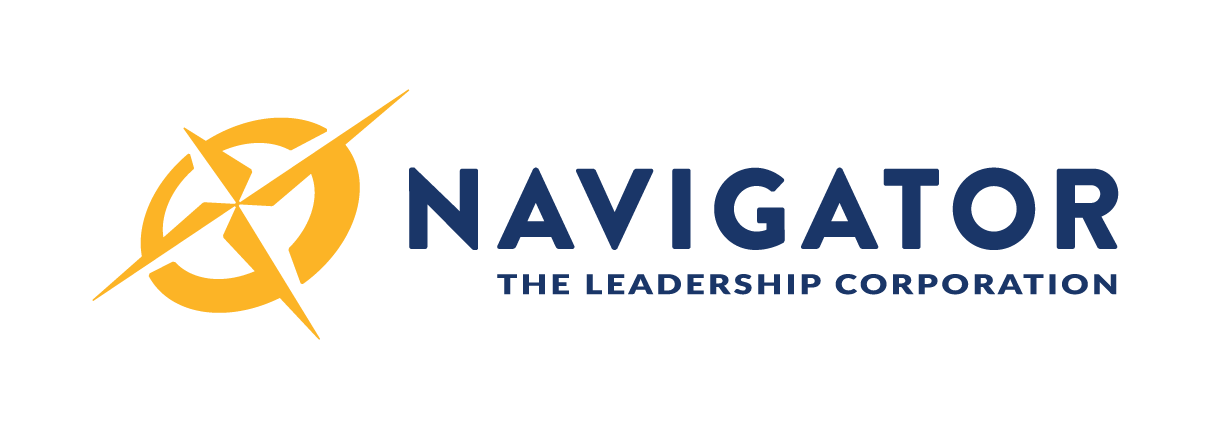Much like a builder needs tools for each unique project, leaders need tools to lead unique people. The current workforce is full of diversity: Different generations, different cultures, different personalities, different socioeconomic levels, different skill sets and abilities, different lifestyles, different wants/needs from an employer.
In this series, we discuss the various tools a leader needs to become the best leader they can be.
I know what you’re thinking… “Who carries a mirror in their toolbox!?”
Remember, this is a metaphorical toolbox, and if we gave you the first item to begin building your metaphorical leadership tools, a mirror is where we begin.
Think of your greatest role models and the greatest leaders in your life. What you’ll find as a common thread running through these individuals is that they had a great sense of who they are/were, which translates into knowing how they come across to other people.
They know the energy they bring as they walk into a room. They know their strengths. They know what kind of followers they attract and how to bring out the best in them. They know their goals and how to achieve those goals with and through other people. They have a vision of the future, and they can get others bought into that vision for success.
They also know their shortcomings. They know their negative tendencies. They know their character flaws. They know they can rub people the wrong way if they let their flaws and tendencies get out of control. They know that knowledge, wisdom, and leadership is something to improve upon in their lives.
In other words: A leader must be keenly aware of what they bring to the table and how the people at the table perceive them.
The mirror is about reflection, and reflection time is essential for leaders.
If you wish to be a great leader and positively impact the lives of others, it’s important that you look in the mirror from time to time to honestly assess yourself.
Ask yourself the bigger questions:
- If you’re not attracting the followers you’d like to have with you, why is this?
- If you’re stuck in a rut and your career isn’t moving the way you had hoped, what can you be doing differently?
- If your organization’s momentum feels stagnant, how can you contribute to make a difference?
Ask yourself the smaller questions each time you finish a project or task:
- Why did things go right?
- Who gets the credit?
- How do we learn from our mistake?
- What can we do better next time?
I’ve quoted the great John Maxwell in previous blog posts and I’ll say it again: “Experience isn’t the best teacher – evaluated experience is.” It’s up to you to take time to learn from your best teacher.
Contact Us
Do you or the leaders in your organization need to develop their toolbox?
Email us at info@nav2lead.com or call us at 888-771-5812
We’ll help you or your leaders figure out a growth plan to equip and lead more effectively to see better results throughout the entire organization.
This blog was written by Nick Sherwood for the Navigator Leadership Corporation.

